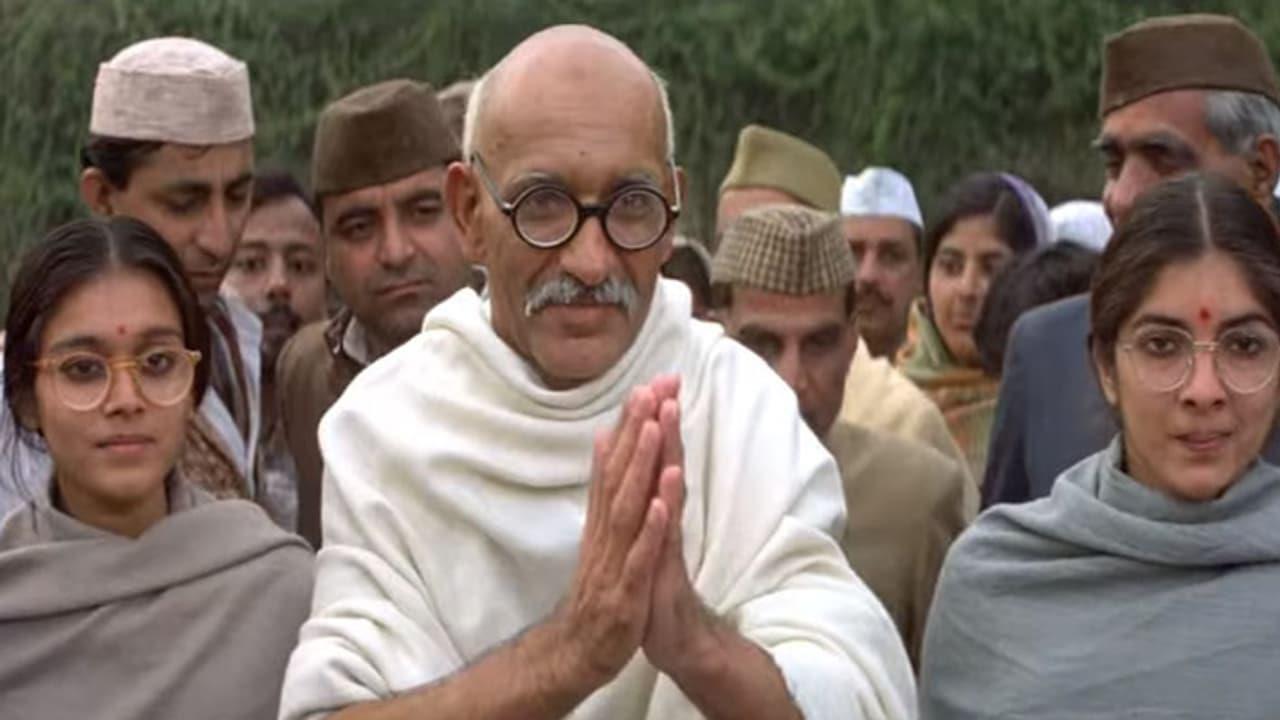Gandhi Jayanti: 5 Timeless Teachings Of Mahatma Gandhi To Recall On October 2Nd
Every year, on October 2, India and the world stop in their tracks to remember the birth anniversary of Mahatma Gandhi, fondly referred to as Bapu. This day was declared the International Day of Non-Violence by the United Nations, and it is not simply a day of ceremonial remembrance; rather it serves as a reminder to humanity of Gandhi's eternal teachings that continue to mold human behavior even during these turbulent times.
5 Timeless Teachings of Mahatma Gandhi:
The Relevance of Non-Violence
Ahimsa or non-violence was central to any thought of Gandhi. For him, non-violence was not passive; it was a weapon to be used against oppression without hatred. At the present hour-we talk of wars, increasing intolerance, and conflicts-Gandhi's principle implores us to choose dialogue and compassion rather than aggression in order to settle our scores. From civil rights movements in America to peace struggles the world over, his philosophy became the beacon for innumerable leaders and continues to be relevant to this day.
Truth as a Way of Life
He lived Satya, according to Gandhi, meaning that one must speak the truth no matter what the consequences. He encouraged people to practice truth in all fields of life: personal, social, and political. In a setting where public discourse is dominated by untruths and half-truths, Gandhi reminded one and all that truth must always remain the first step towards integrity-towards growth.
Simplicity and Sustainability
Gandhi's life was also characterized by simplicity. More than a fashion statement of khadi or self-declaration, his insistence on simple living was found over a range of applications. With the menace of climate change and consumerism stalking the world today, following Gandhi's principles underlines the need for sustainable practices, conscious consumption, and harmony with nature.
Empowerment Through Self-Reliance
Gandhi was an ardent advocate of the Swadeshi movement that urged Indians to depend on local products and resources. His spinning wheel became a symbol of economic independence and collective empowerment. This philosophy still finds resonance in modern-day India's effort toward 'Make in India' and self-reliant initiatives. It teaches that we can be truly empowered only when we respect and place value on our own resources and skills.
Harmony and Unity
Unity in diversity was, according to Gandhi, the hallmark of view of a well-ordered society. He spent his energy uniting societies, whether of caste, religion, or class, envisaging an India where justice would award paramount status to equality and inclusion. His teachings motivate us to get beyond barriers and promote harmony-which is a message greatly required in today's divided world.
October 2 is not merely a date on the calendar; it is a chance to reflect back on Bapu's timeless ideals. His teachings on non-violence, truth, simplicity, sustainability, and unity are now relevant, not then. Thus, as we celebrate his birth anniversary, let us also try to apply these values in our daily lives. In doing so, we truly pay honor to the Father of the Nation and ensure that his vision for peace and justice inspires future generations.
Legal Disclaimer:
MENAFN provides the
information “as is” without warranty of any kind. We do not accept
any responsibility or liability for the accuracy, content, images,
videos, licenses, completeness, legality, or reliability of the information
contained in this article. If you have any complaints or copyright
issues related to this article, kindly contact the provider above.
Most popular stories
Market Research

- Seoul Exchange, One Of Only Two Licensed Platforms For Unlisted Securities, Will Exclusively Use Story To Settle Tokenized Rwas
- Phase 6 Reaches 50% Mark As Mutuum Finance (MUTM) Approaches Next Price Step
- 0G Labs Launches Aristotle Mainnet With Largest Day-One Ecosystem For Decentralized AI
- Solotto Launches As Solana's First-Ever Community-Powered On-Chain Lottery
- Kintsu Launches Shype On Hyperliquid
- Blockchainfx Raises $7.24M In Presale As First Multi-Asset Super App Connecting Crypto, Stocks, And Forex Goes Live In Beta





















Comments
No comment